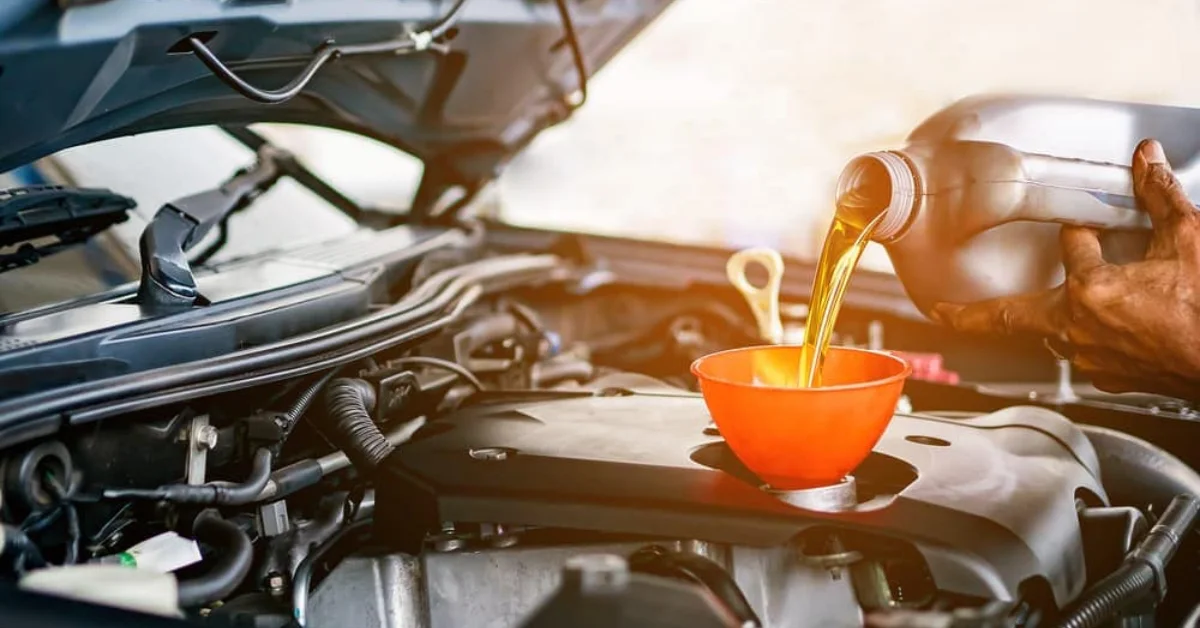Performing regular oil changes is one of the most important maintenance tasks that car owners can do to keep their vehicles running smoothly. While it may seem like a small and inconsequential service, changing the engine oil at the recommended intervals plays a vital role in protecting the many intricate components that power your car. Proper oil lubrication is essential for minimizing wear and tear on an engine’s internal parts. Yet many drivers neglect this basic maintenance due to its low cost or inconvenience.
They don’t realize that allowing oil to go too long without being changed can lead to costly repairs and reduced performance over time. This article will discuss why sticking to the manufacturer’s oil change schedule is crucial for maximizing your engine’s health and longevity.
The Basics of Engine Oil
Engine oil serves several important functions that are critical to the proper operation and longevity of a vehicle’s engine. At its most fundamental level, oil is designed to lubricate moving engine components like pistons, valves, and bearings to reduce friction and prevent excessive wear during startup and operation. It also provides a sealing barrier that keeps these components properly spaced and cools hot parts by carrying away excess heat. Modern motor oils contain additives like detergents, dispersants, and anti-wear agents that help clean the engine, suspend contaminants, and protect metal surfaces from damage. Also, have a look at dodge challenger price in India.
The viscosity or thickness of the oil is carefully calibrated to flow smoothly at both cold and hot temperatures. Choosing the right oil viscosity grade for your engine and driving conditions, as specified by the vehicle manufacturer, is essential. Following the recommended oil change intervals keeps the oil continuously performing its lubrication, cooling, and cleaning functions to maximize engine performance and lifespan.
The Importance of Regular Oil Changes:
Here are some key points about the importance of regular oil changes:
Lubrication – Engine oil lubricates moving parts to prevent excessive wear. Over time, oil breaks down and loses its lubricating properties. Changes remove dirty oil and replace it with fresh oil.
Prevent Contamination – Used oil collects dirt, rust, carbon, and acids that circulate through the engine if not changed. New filters remove more harmful particles.
Cooling – Oil loses its ability to cool hot engine components as it degrades. New oil ensures optimal temperature regulation.
Seal Protection – Oil detergents clean sludge and prevent seal drying/cracking. Old oil doesn’t clean as well, risking seal failure.
Fuel Economy – A properly lubricated engine runs more efficiently and uses less gas. Dirty oil creates excess friction burning more fuel.
Performance – New oil maintains optimal viscosity for minimum friction, keeping your engine running smoothly. Check interesting facts about cars at auttomotives.
Engine Wear – Fully lubricated parts experience less viscous drag and oxidation damage from unfiltered contaminants.
Price of Prevention – Inexpensive oil/filter changes save much more in avoided repair bills long-term.
In summary, performing regular oil and filter changes according to your vehicle manufacturer’s recommended schedule should be viewed as an essential part of routine maintenance. While it may seem like a small and inexpensive service, neglecting oil changes can have major consequences down the road in terms of premature engine wear, higher repair costs, and reduced fuel efficiency.
Proper lubrication is vital to protecting the intricate components that power your vehicle. Although it requires a small investment of time and money upfront, regular oil changes offer a huge return through reduced operating costs and improved vehicle reliability over the long haul.



